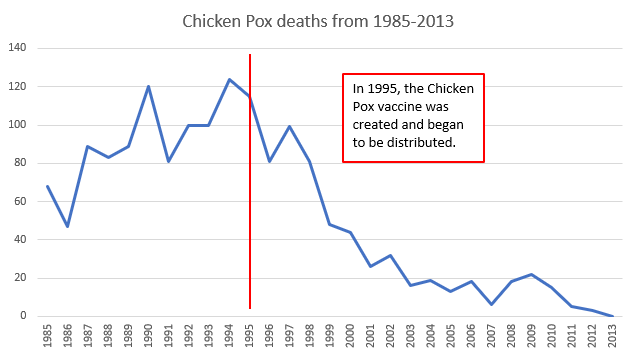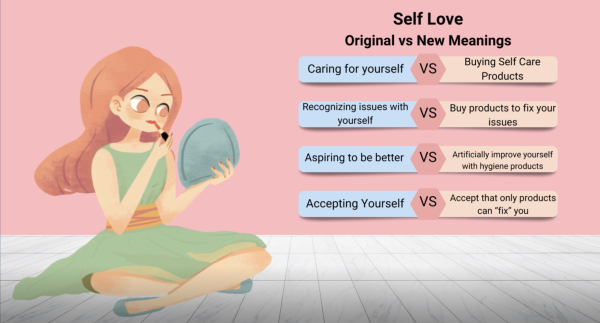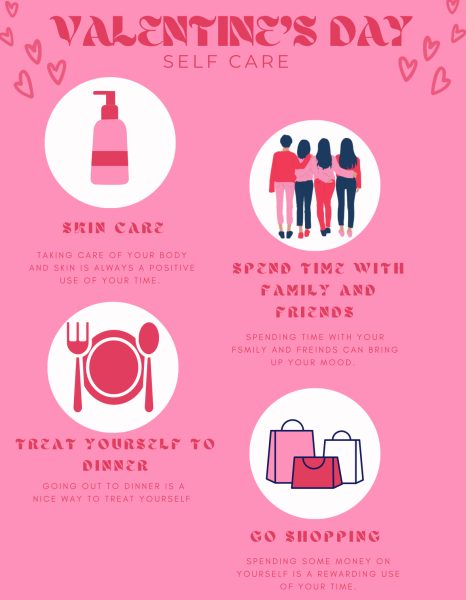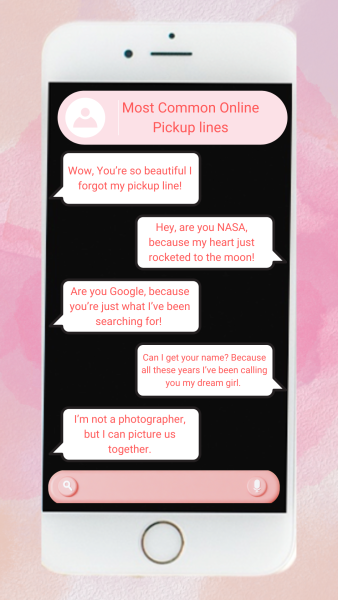EDITORIAL: Vaccination advantages outweigh disadvantage
February 14, 2019
Vaccines are the most effective way of preventing infectious diseases from spreading, yet there are thousands of families across the nation that reject them despite doctors urging families to vaccinate their kids.
Luckily, low vaccination rates are not an issue at Omaha North or even Nebraska in general. According to the Nebraska Department of Health and Human Services, as of 2017, 93.4 percent of Nebraskans aged 19-35 months and 93 percent of Nebraskans aged 13-17 years received the varicella (chickenpox) vaccine.
Nurse Wynelle Tolen at Omaha North does her best to make sure everyone is vaccinated, and she also keeps up with students who either aren’t vaccinated or are just starting their vaccine doses.
Omaha North requires students to get multiple doses of vaccines for DTaP, DTP, or DT, Polio, Hib, Hepatitis B, MMR or MMRV, varicella (chickenpox), pneumococcal, and Tdap.
In most states, students can be exempt from getting vaccines for medical or religious reasons, and in some states, they can also be exempt for personal reasons. In Nebraska, students can only be exempt for medical or personal reasons and to be exempt they must fill out a waiver with signatures from them, their parent(s), their physician and/or a notary public.
When North students either don’t get their vaccines or don’t fill out their waiver, Tolen follows up with them by sending a letter home explaining that they need to do one of the two to continue going to school. When it comes to the vaccines that have multiple doses, like Polio or Hepatitis B, she follows up with them when their next scheduled dose is supposed to be.
Specifically, for chickenpox, the most common reason Tolen sees students fill out a waiver is because they have already had it.
“If they’ve had the actual disease the parents need to sign a waiver saying that they’ve had chickenpox and then the doctors won’t give them the varicella vaccination…Now some doctors go ahead and give them the shots anyway because what happens a lot of times is they’ll get such a light case of the chickenpox that…they’ll only get 3 or 4 or 5 pox,” Tolen said.
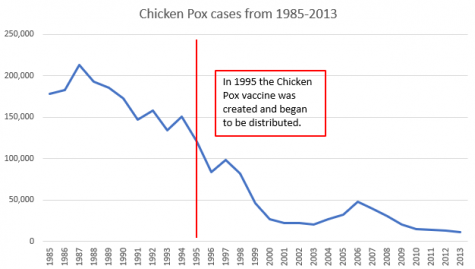
While it is fortunate that low vaccination rates are not something Nebraskans have to worry about, it is imperative that parents in other states vaccinate their children to decrease the chances of spreading fatal diseases.
According to health officials, in 2018, an elementary school in North Carolina recorded the largest outbreak of chickenpox in the state since 1995, right before the chickenpox vaccine was made available in America. The school, which had 152 students enrolled, reported that 110 students, almost 75 percent, were exempt from vaccines for the 2018-19 school year.
With such a high vaccine exemption rate, 36 students were infected with chickenpox because the disease had the ability to spread. Diseases spread quicker when less people are vaccinated, hence so many children getting the chickenpox. This number would have been far less, most likely even zero, if those 110 children would have gotten the vaccine.
While some may argue that the risks of the chickenpox vaccine outweigh the risks of chickenpox disease, the CDC makes it clear that this is untrue. The benefits of the vaccine include a lower chance of having the chickenpox, no chance of getting shingles, and lowering the chance of spreading chickenpox to those around you. The only significant benefit of not getting the vaccine is that there would be no chance of experiencing any side effects or bad reactions from it.
Each year, the CDC states that there are “more than 3.5 million cases of varicella, 9,000 hospitalizations, and 100 deaths are prevented by varicella vaccination” which shows how large of an impact the vaccine is making.
Parents might say that it is still possible to get the chickenpox with the vaccine, which is true, however, if that happens the symptoms are usually milder and the duration of the illness is shorter.
Another benefit from the vaccine is that is causes indirect benefits like protecting those who are not eligible to receive the vaccine – infants, pregnant women, people with weak immune systems. There was a 90 percent decrease in chickenpox incidents in infants from 1995 to 2008. Since they cannot get the vaccine, the fact that others around them weren’t exposed to the chickenpox is what saved them.
Another thing to consider is once someone is exposed to the chickenpox, they are susceptible to getting shingles later on in life and according to Tolen, “the only ones who can get Shingles are those who have previously had chicken pox.” The CDC says shingles is a “painful rash disease” which “can lead to severe nerve pain…that can last for months or years after the rash goes away.”
“Shingles look very similar to chicken pox with the blisters, but they only follow either the nerve tract across the top of the head and over the eye or across the nerve tract on the back and your side,” Tolen said, adding,
“The blisters look pretty similar but when they follow that nerve tract it’s like they fire up that nerve tract and so people who have shingles are in a lot of pain because it’s irritating that nerve…If the person has them across the head, eye, it can cause issues with the eye.”
Even though not everyone who has the chickenpox gets the shingles, by getting the vaccine the chance of getting shingles is significantly reduced and would only be a possibility if a person got the chickenpox with taking the vaccine.
At the end of the day, when America has nearly eradicated a disease with a vaccine, there are few reasons for parents to choose not to use those vaccines for their children because it will just put children in danger when there is a simple solution that has been proven to protect the majority.


